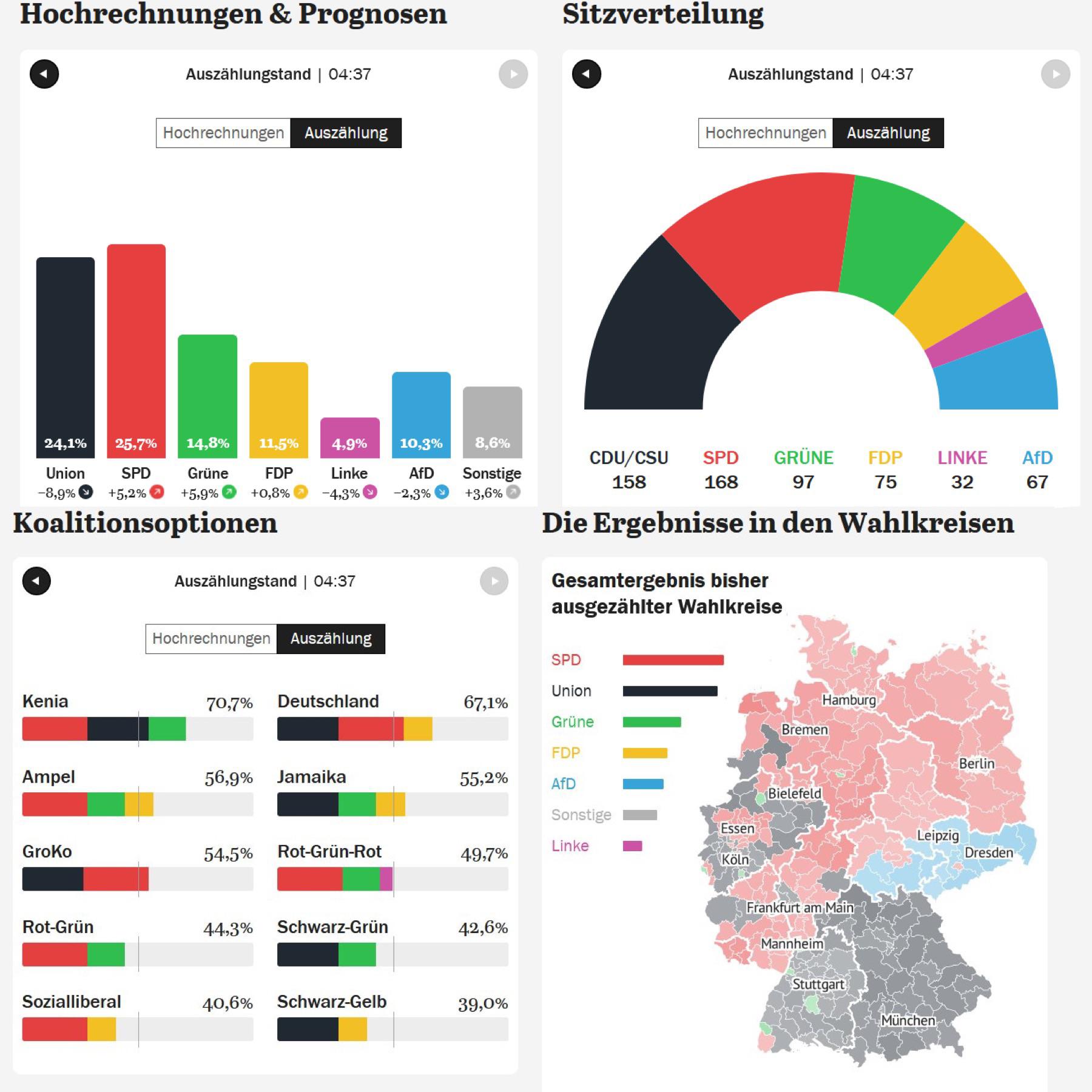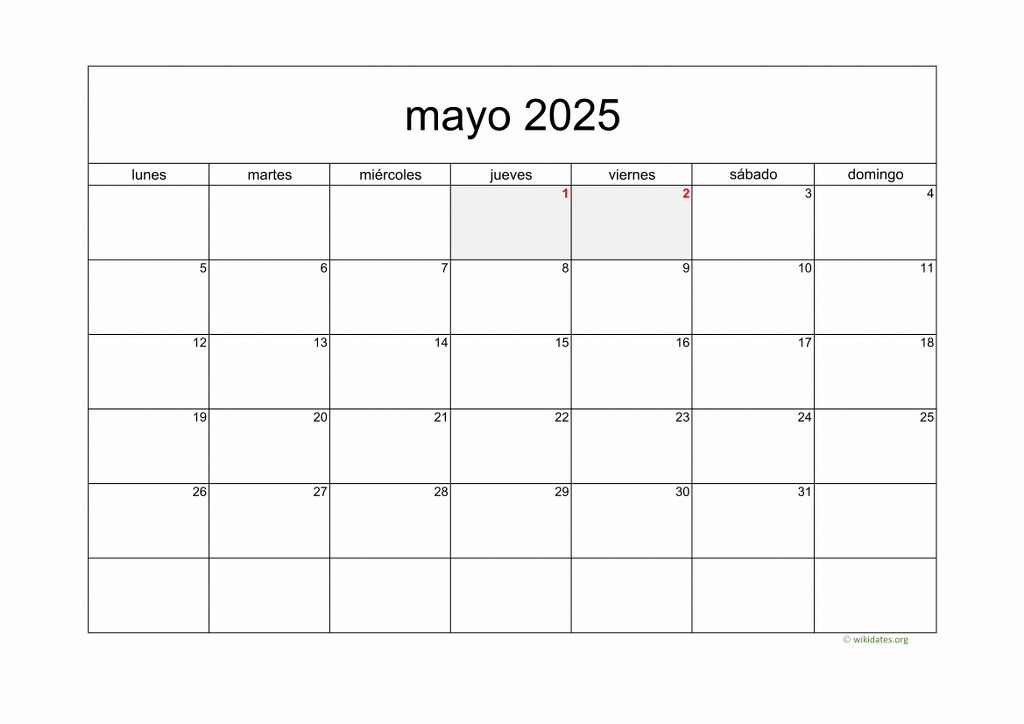German Election: The Final Opportunity To Influence The Outcome

Table of Contents
Understanding the Key Players in the German Election
Germany's political landscape is diverse, with several major parties vying for power in the upcoming German election. Understanding their platforms is crucial for making an informed choice. Here's a brief overview of the key players and their core policies:
-
CDU/CSU (Christian Democratic Union/Christian Social Union): This conservative bloc traditionally focuses on economic stability, fiscal responsibility, and a strong European Union. Their policies often emphasize business-friendly regulations and a balanced budget. [Link to CDU Website] [Link to CSU Website]
-
SPD (Social Democratic Party): The SPD is a social democratic party advocating for social justice, stronger social welfare programs, and a more regulated market. They typically prioritize workers' rights and environmental protection. [Link to SPD Website]
-
Greens (Bündnis 90/Die Grünen): The Green Party champions environmental protection, sustainable development, and social justice. Their policies often focus on renewable energy, climate action, and gender equality. [Link to Greens Website]
-
FDP (Free Democratic Party): This liberal party promotes free markets, economic growth, and individual freedoms. They generally advocate for lower taxes, deregulation, and a balanced budget. [Link to FDP Website]
-
AfD (Alternative for Germany): The AfD is a right-wing populist party known for its anti-immigration stance and Euroscepticism. Their policies often focus on national identity and stricter border controls. [Link to AfD Website]
It's vital to explore the detailed party platforms and the individual candidates' stances on various issues beyond these brief summaries. Researching the "German political parties" and their "election candidates" is essential for informed voting. Reviewing the "party platforms" available online will offer a more in-depth understanding.
The Crucial Issues Shaping the German Election 2024
Several crucial issues are dominating the German election campaign, influencing voter decisions and shaping the future direction of the country.
-
Climate Change and Environmental Policies: Germany's commitment to environmental protection is a key debate. The parties' approaches to achieving climate neutrality vary significantly, from investing in "renewable energy Germany" to implementing stricter carbon emission targets. Understanding each party's "climate policy Germany" is critical.
-
Economic Policy and Recovery: The post-pandemic economic recovery and the long-term health of the "German economy" are central concerns. Parties have proposed different "economic recovery plan"s, focusing on fiscal policy, job creation, and stimulating economic growth. The impact of their proposed "fiscal policy Germany" on different segments of the population should be considered.
-
Immigration and Integration: The issue of "immigration policy Germany" remains highly debated. Parties have vastly differing viewpoints on refugee policy, integration programs, and the overall management of immigration. Analyzing each party's approach to "refugee policy Germany" and "integration Germany" is crucial.
-
Healthcare and Social Welfare: The "German healthcare system" and its future are central to the election. Parties have contrasting proposals for "healthcare reform Germany" and the strengthening or restructuring of "social welfare Germany". This involves examining the funding mechanisms, access to care, and quality of services under different proposed plans.
How to Participate and Influence the German Election Outcome
Exercising your right to vote is crucial in shaping the outcome of the German election. Here's how you can participate:
-
Voter Registration: Check the deadlines and procedures for "election registration" in your area. Ensure you are registered well in advance of the election date.
-
Voting Procedure: Understand where and how to vote. Familiarize yourself with the voting process, including any necessary identification requirements.
-
Research Candidates and Platforms: Thoroughly research the candidates and party platforms. Compare their positions on the crucial issues discussed above.
-
Engage in Political Discourse: Engage in informed discussions about the election with friends, family, and community members. Share your perspectives and encourage others to participate.
-
Political Campaign Involvement: Consider getting involved in a political campaign to actively support a party or candidate you believe in.
Keywords like "German voting," "how to vote Germany," and "political participation Germany" will help you find relevant information online.
Conclusion
The German election presents a final opportunity to shape the nation's future. By understanding the key players, the crucial issues at stake, and the process of political participation, you can make informed decisions and exert your influence on the outcome. Don't miss this chance to contribute to the future of Germany. Take action – register to vote, research the candidates, and engage in political discussions. Your voice matters in this crucial German Election.

Featured Posts
-
 The Forerunner Long Game Navigating The Challenges Of Pre Ipo Startups
May 14, 2025
The Forerunner Long Game Navigating The Challenges Of Pre Ipo Startups
May 14, 2025 -
 Elite Young English Player Spurs And Palace In Transfer Pursuit
May 14, 2025
Elite Young English Player Spurs And Palace In Transfer Pursuit
May 14, 2025 -
 The Top 5 Grass Pokemon Starters Strengths Weaknesses And Evolutions
May 14, 2025
The Top 5 Grass Pokemon Starters Strengths Weaknesses And Evolutions
May 14, 2025 -
 Snow Whites Poor Reception Examining The Impact Of Divisive Social Commentary
May 14, 2025
Snow Whites Poor Reception Examining The Impact Of Divisive Social Commentary
May 14, 2025 -
 Sevilla Hoy Miercoles 7 De Mayo De 2025 Eventos Y Actividades
May 14, 2025
Sevilla Hoy Miercoles 7 De Mayo De 2025 Eventos Y Actividades
May 14, 2025
